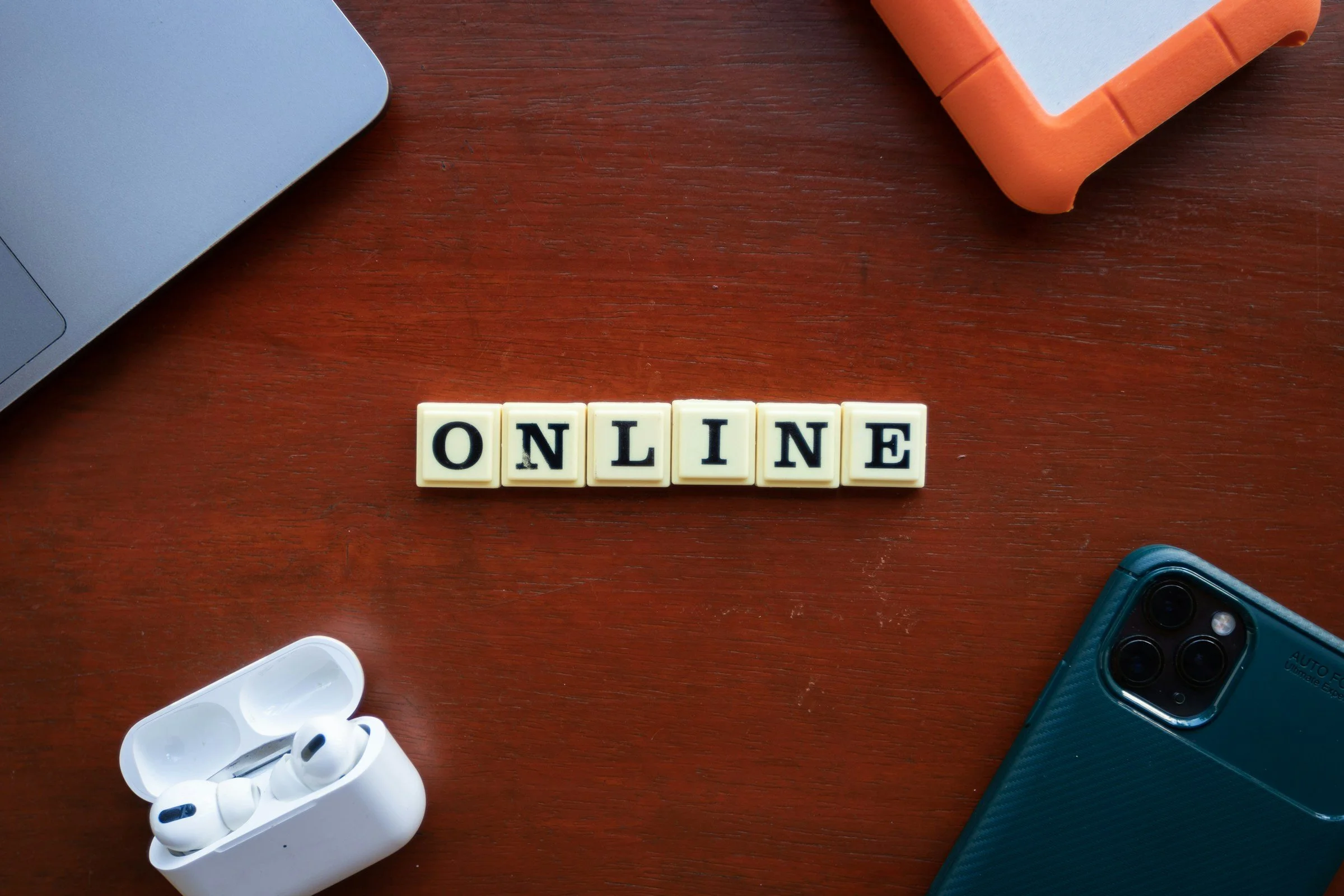Enslaved by Tech?
Online presence and pull
A second blog post from our Alumni series from Philip Hand (Horizons July 2024)
Many of us are familiar with the famous line from George Orwell’s novel 1984 “Slavery is freedom”. Freedom is one of the basic rights our ancestors have fought for and defended, as well as the rights to self-determination and expression, equality, creativity, etc. Yet subconsciously, we are voluntarily giving some of these up, while allowing others to infringe upon our desire to be unique and our personhood.
We are lucky to live in the age of the Internet. All of the information, entertainment, and social interactions we could ever want fit in a small device. It is easy to chill hours playing games, reading, chatting, watching videos, etc.. I have been told that if something sounds too good to be true, it probably is. Isn’t this the case with the modern mobile phone?
Let’s think of Emma Bovary. The naive lady has lost connection with the world by reading novels, which have blinded her to the realities of her own life, surroundings and reality. Ultimately that leads to discontent with her husband, delusion, and tragedy. Emma wasn't forced - she willingly chose to lose herself in reading, hence becoming delusional. Of course, there is nothing wrong with reading books, but we must distinguish the line between reality and unrealistic fiction, which applies to the videos we watch on our phones, too.
Or Pere Goriot, whose love for his daughters would become his undoing. He was blinded by it and with pleasure showered them with gifts and fulfilled all their desires until he was left to suffer in poverty “forgotten” by them.
Social time
By far the biggest leisure activity of our generation is Social media and the Internet. Are we, too, being deceived cheaply, but through mindless scrolling on social media? It is said that the average person scrolls around 100 meters on their phone every day.
Naturally, as anything else, the Internet is filled with good and bad content. Unfortunately, the second one is trending and predominant. Some of my classmates have compared the age of fast entertainment videos with Fast Food chains like McDonalds. Both are fast, convenient, enjoyable and addictive. In fact social media platforms are designed to be addictive on purpose. Algorithms are learning our preferences in order to keep us longer in their app. They feed us an endless amount of content we like (or don’t like if the AI is fond of something we have searched only a couple of times and starts promoting it as if it were the only important thing until it drives us crazy). This personalized entertainment is convenient and we like it. But it also narrows down our curiosity and viewpoints and affirms existing biases. Our "feed" becomes our world, and going beyond it can feel uncomfortable.
We "connect" with hundreds of people Online. We see their highlights, their content. This creates an illusion of constant social engagement. But oftentimes it leaves us feeling more isolated than ever - it is just on our screens. On the other hand in-person interactions – the kind that builds genuine relationships are slowly fading digital exchanges. Are we sacrificing real connections for likes on Instagram, so we are cool? And something more, the Online space can be toxic, promote discrimination and dangerous challenges such as taking unnecessary medication, eating dangerous objects or sometimes even worse.
The constant intake of information, often useless or false and misleading, the bite-sized content, the likes and shares – all of this trains our brains for quick consumption, not deep reflection. Our attention span is shrinking, and the ability to process hard ideas, to think critically, to simply be without our devices, feels challenging. Are we losing our capacity for independent thought and sustained focus?
Social media’s backbone is fear of missing out, or “FOMO”. We constantly compare ourselves to our “seemingly” perfect counterparts. This can lead to anxiety, self-doubt, and peer pressure to be someone who we aren’t. We want to meet the common expectations of the virtual society - so we become part of the excessively consumptive society. Do we perform for our online audience by giving up self-expression for likes and approval to be cool? If so, is this not a form of self-imposed slavery? If yes, congratulations - individuality no longer exists and we live as numbers in Eugene Zamiatin’s novel “We”, where all people follow a strict schedule from when to sleep, to work, to eat, etc.
Fortunately, unlike Emma Bovary, the numbers in “We” or Pere Goriot, we can choose. Marcus Aurelius has concluded that we should control what one can and accept what one can’t. Each one of us can decide whether to step back from social media, limit it or continue as he is.
Time to look up?
I believe that in our society we can’t and we shouldn’t avoid technology. But given that we have common sense and are wise, we can filter out the content we see. We can set limits, not be scared to dislike content that we don’t approve of, give some time our mind simply to be, and most importantly - we should not passively accept everything we see online and fall for manipulative videos.





